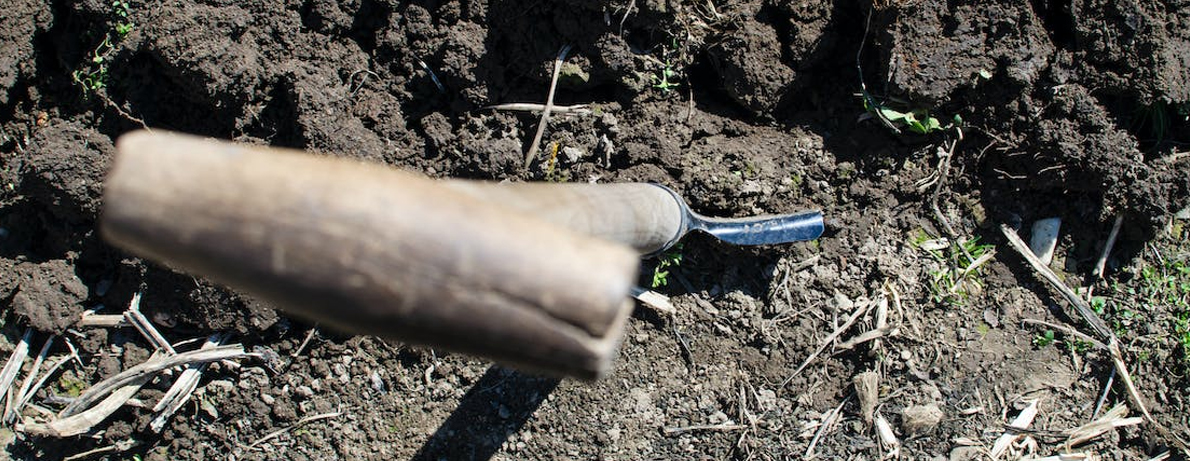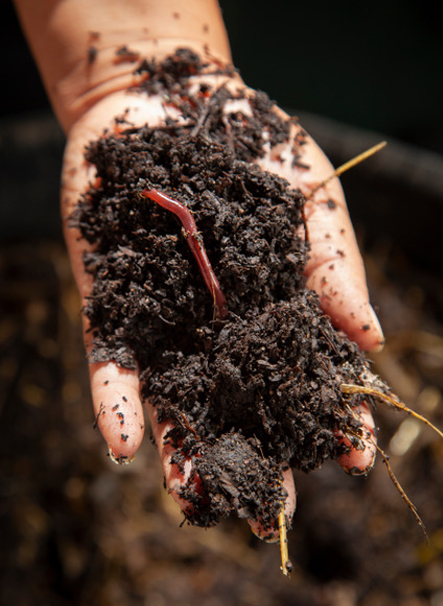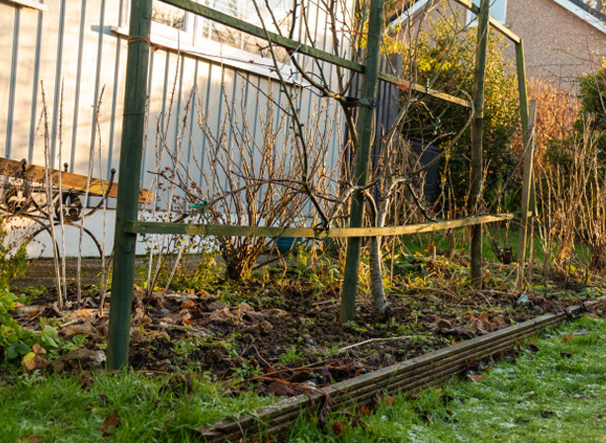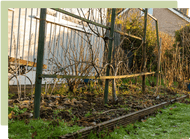Posted by Kelly Jean Reyland
10th Aug 2023
Improve your soil & prepare the vegetable garden for spring

Spring is on the horizon and with it, warm weather and planting your spring /summer veggie garden. While some people are itching to get their tomatoes planted at the first sign of warmth – please wait! For most of NZ, it’s still a while yet before the soil and air temperatures rise enough and the threat of frosts has passed.
August is prep time in the vegetable garden. Time to look back at the previous garden and remember what was planted where. It’s always good to look at what went well and what didn’t when you are planning what to grow for this year. Keep in mind that best practice is to not plant the same plant in the same place year after year; this helps to prevent pests and diseases building up. Crop rotation also ensures the plants don’t all need the same nutrients year after year and enables the soil nutrients to be used or replenished strategically.

If you are an avid veggie gardener and grow year round, it doesn’t hurt to give the soil a little rest before planting the summer garden. Turn the soil over, mix in some compost and fertiliser and leave it to settle for a few weeks before planting begins. If you are a summer gardener and the garden has been left over winter, you may need to remove some weeds before doing the same thing as above.
A word on fertiliser – consider what you are planting and what grew in that spot the previous year. Plants need a combination of nutrients and minerals but broadly speaking, leafy plants need nitrogen for green leafy growth, root crops need phosphate for root development and flowering plants need potassium for flower/fruit development so choose an appropriate fertiliser to apply. An organic based fertiliser such as sheep pellets has the benefit of improving your soil as well as feeding the plant so that is always a good base to start from. There is more on improving the soil later in this blog. You can apply a specific granular fertiliser such as tomato fertiliser to ensure the correct mix of nutrients are present during the growing season.
Good soil is the key to good harvests. Any improvement you can make to your soil will pay back in healthier plants and increased yields. In any soil, whether it is heavy clay right through to light and sandy, the best thing you can do is add compost and do it at least once or twice a year, every year.
Compost is organic matter, which helps free draining sandy soil retain more moisture and nutrients. It will also help break up the very small and tightly packed clay particles to improve the soil structure, drainage and access to nutrients in clay soils. Every time you harvest vegetables and are about to plant something new in that spot, dig some compost into the soil before planting. Spread a layer around as mulch to help conserve soil moisture if it’s in a garden that you don’t dig over. It will get incorporated into the soil by the earthworms, it just takes a little longer than digging it in.
Compost has the ability - over time - to turn rubbish or average soil into excellent soil.

Another way you can add organic matter to the soil is to plant a ‘green manure crop’ in spaces that will be empty for a while, the winter vegetable garden can be a prime example. Sow a crop of lupin, mustard or oats, let them grow for a minimum of 6 weeks or you can let them grow until they are about to flower. At this stage you cut them down - the finer the better- with hedge shears and then dig them into the soil. You need to give them time to break down into the soil before replanting so allow plenty of time if you’re going to do this. Don’t pull them out by the roots. The entire plant with the top (cut up finely) needs to be dug into the soil. The finer the top is chopped, the faster it will break down into the soil.
There are other benefits to a green manure crop than just improving the soil. Lupins take nitrogen out of the air and fix it as nodules on the plant's roots, natural fertiliser at its best! Mustard is a natural soil cleanser, and an effective remedy if you find wireworms in your potatoes.
As Alexander Graham Bell once said, “before anything else, preparation is the key to success”. So spend some time planning and preparing your veggie garden and the rewards will follow!
By Kelly Jean Reyland of Garden Advice NZ (www.gardenadvice.co.nz)


























